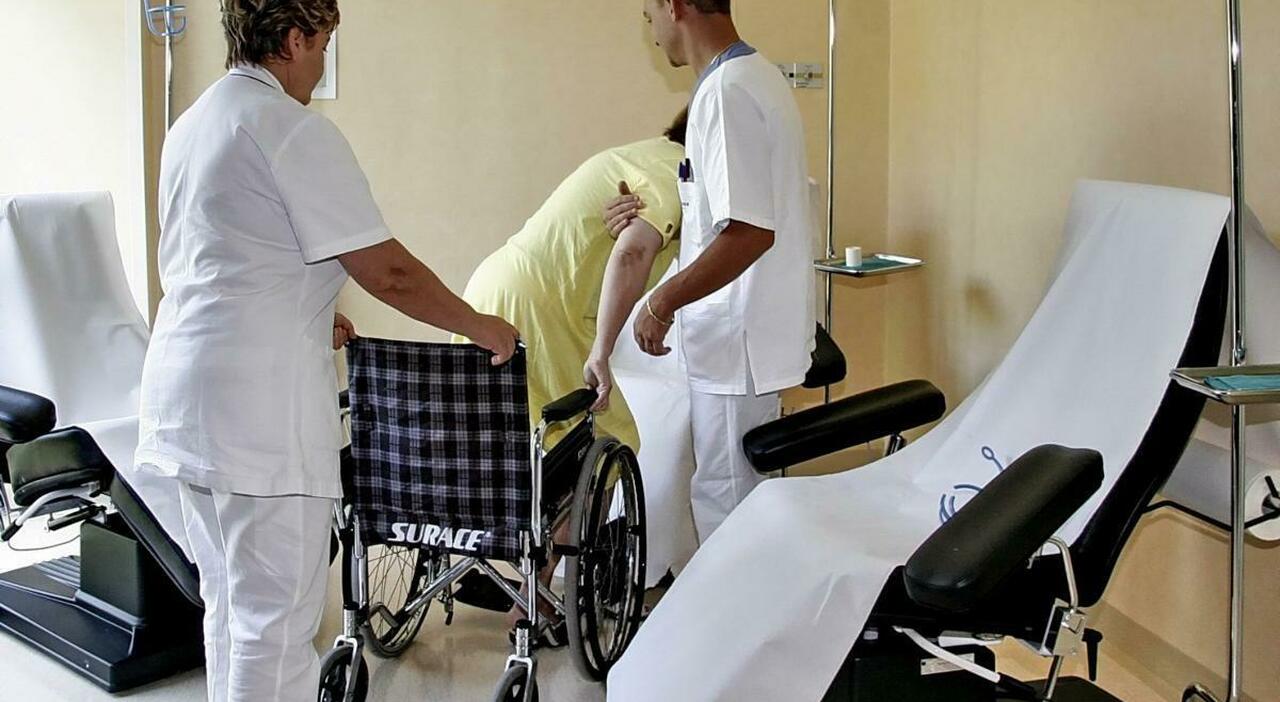The agreement between the State and the Regions will regulate “the temporary exercise of work by those who intend to practice a medical or healthcare profession on the basis of a professional qualification obtained abroad”. In summary: it will bring order to the recruitment of foreign doctors and nurses. Some numbers: in 2019 the doctors recruited from abroad were 21 thousand, in 2023 this figure has risen and is estimated at 28 thousand. Given that in Italy there was first a block on turnover, then an insufficient planning of specialists to be trained, the use of foreign white coats is destined to increase. And the same goes for nurses too. The data from Fnopi (National Federation of Orders of Nursing Professions) says: 23 thousand foreign nurses work in Italy (5.5 percent of the total), of which 15,674 from EU countries and 9,456 from non-EU countries. They are mainly concentrated in Lombardy, Lazio, Piedmont, Emilia-Romagna and Veneto. The majority come from Eastern Europe, India and Peru. Added to these are the 13,000 in Italy with the emergency measures linked to Covid and the war in Ukraine.
Healthcare, collapse of beds: -32,500 in two years. 95 hospitals closed, over 10 thousand doctors missing
THE SITUATION
There is a problem: in 2020 the Cura-Italia decree opened up to professionals from non-EU countries, the provision was extended, but the latest instrument, the Bills decree, sets the deadline for this possibility at 31 December 2025. Therefore, new rules are needed, especially for the part that must regulate the registration of staff arriving from non-EU countries in the register of doctors and nurses. The text of the agreement arrived at the State-Regions Conference: it was postponed because technical insights were needed after Lombardy proposed simplifying the registration process if there is a collective agreement managed by the Region itself, perhaps with another state. More generally, the Regions are asking for a less slow mechanism because the hospitals need reinforcements quickly. It must be said that the text was however developed by the Ministry of Health and the Regions. What does it predict? The Regions will have to establish commissions to “verify possession of the necessary professional qualifications”. Among other things, the provincial orders must include these professionals in special lists “after verifying their knowledge of the language”. Precisely in the orders “special lists for the temporary exercise of work activities” must be established. However, there is an exception and we read in article 8 of the draft: «The provisions set out in this document do not apply to the Regions and autonomous Provinces which, on the date of entry into force of this agreement, have already signed an agreement with foreign entities for the recruitment of health and social-health professionals”. There are numerous examples but the most striking is that of the Calabria Region which signed an agreement with Cuba in July 2022 for the recruitment of 497 doctors. The agreement is between the Region and a subsidiary of the Cuban government and the doctors will have to remain on duty in the hospitals of Cosenza, Vibo Valentia, Crotone, Reggio Calabria and Catanzaro until the end of next year. They arrived in batches, not all 497 are present at the same time: the last, around a hundred, landed in Calabria two months ago, and there are currently 270 in the ward. Cuban healthcare is considered to be of a good standard and the language problem for the doctors on the island, where Spanish is spoken, are all in all simple to deal with.
ROME-MEXICO
For this reason the Lazio Region has started a dialogue with the institutions of Mexico and Argentina where it hopes to find nurses. Again: the Lombardy Health Councilor, Guido Bertolaso, went looking for nurses for the hospitals in his region in Argentina and Paraguay. President Attilio Fontana explained: «We hope to have 500 more nurses to be able to make better use of our community homes». Sicily is also moving in this direction. Renato Schifani, president of the Region, said after the selection of 16 doctors from Ukraine, Argentina, Cuba, Venezuela, Ecuador, Libya, Guinea: «This is only the beginning of my government’s strategy of using doctors from abroad to remedy the lack of healthcare personnel, thus guaranteeing the right to health for Sicilians. We are following all possible paths, using the extraordinary tools made available by the State to fill, in the short term, the staffing gaps that exist in Sicily, as throughout Italy, awaiting the modification of the “limited number” for access to the faculties of Medicine”.
© ALL RIGHTS RESERVED
